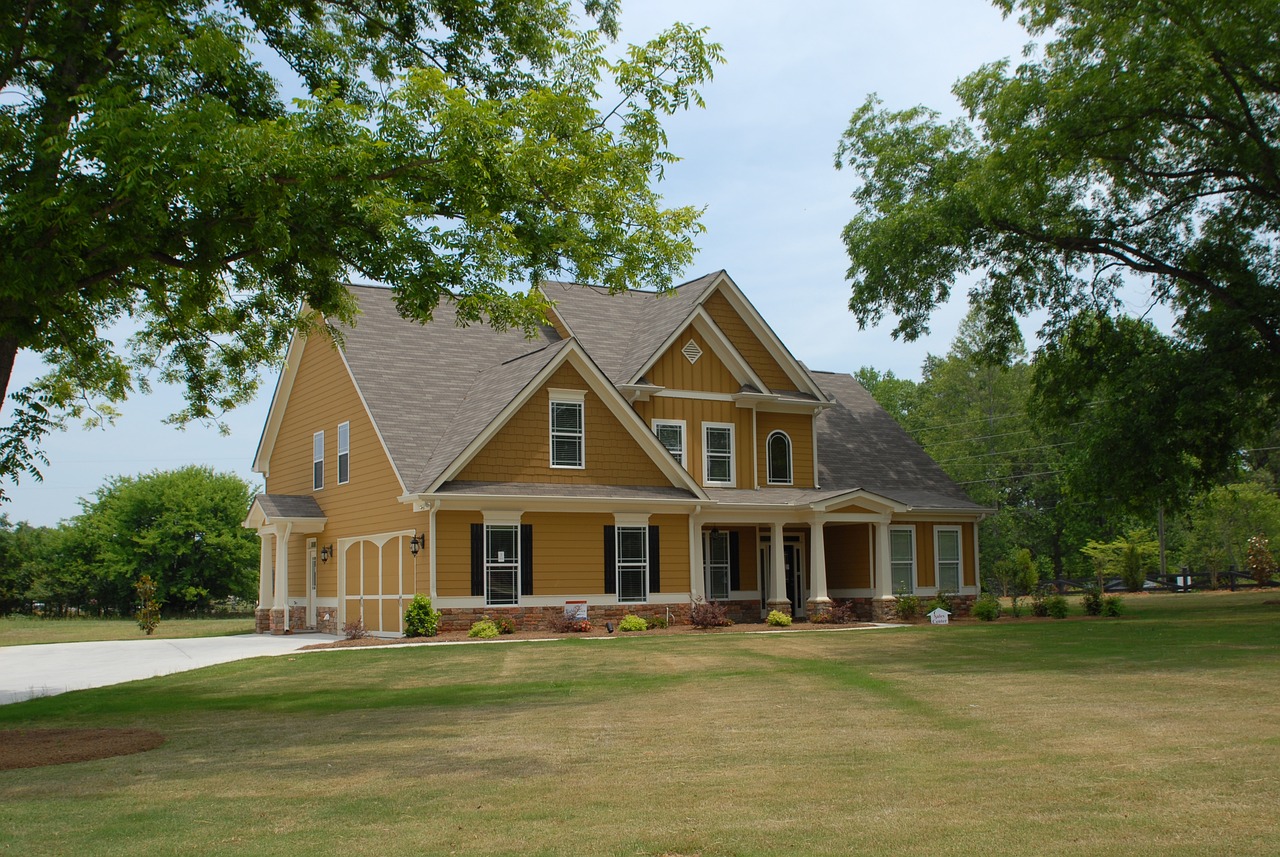New Construction vs. Existing Home: Which is Right for You?

The homebuying market has gotten a little more challenging throughout 2022, with interest rates soaring from record lows. At the same time as getting a mortgage has become drastically more expensive, there's still a squeeze on inventory, particularly in the category of starter homes.
When you're buying a home, regardless of the larger economic conditions, you also want to make sure that you're being smart about the largest investment you're probably going to make in your lifetime.
One part of that decision is whether you're going to go with a new construction home or an existing home, and we compare the two below.
New Construction
New construction homes are ones that you, as the buyer, would be the first to live in. They're often covered by a builder's warranty, so you have some peace of mind if the home were to have any structural issues, and there's less maintenance and repairs overall you're going to have to worry about, especially in the first ten years or so that you own the home.
New construction can mean a lot of different things.
For example, you might find a home in a community where the builder has done all of the other houses. This is known as a tract house.
You could also buy a new construction home that's a spec house, meaning the builder completed it without customizing it for a buyer and then put it on the market.
There's also a custom new construction home, where you're working with the builder every step of the way to create the home you want and need.
What Are the Pros and Cons of New Construction?
If you buy a new construction home, it can be a good investment because the value might go up faster than buying something that's had several owners throughout the years.
- If you're building a custom home, you don't have to worry about giving up your must-haves—you're creating the home that's perfect for you right from the start.
- New construction tends to mean less maintenance, and you're less likely to have those surprise expenses that can be factored into the cost of home ownership.
- Builders often use the newest technology, so your home is going to be up-to-date and energy efficient, and then there's the builder's warranty we talked about above. Most builders do provide a warranty that they pay for, which is different from a homeowner's warranty.
The cons of new construction include the fact that if you build a new home custom, it's likely going to be more expensive than buying something existing.
Not all builders are going to be good, and you could end up with a bad builder or perhaps someone you just don't get along with.
If you're looking at houses not yet completed, there's a big risk of delays. It's not always a smooth or timely process to buy a new construction home if it's not completed, especially in the current labor market.
Existing Homes
An existing home is essentially one that's had at least one other owner living there before you would buy it.
There's a lot of variance in existing homes, including the types of neighborhoods they're in, the sizes and floorplans, and the price.
The Pros and Cons of Existing Homes
The benefits of an existing home compared to new construction include:
- An existing home is likely to be move-in ready. You're a lot less likely to face any surprises that could push out your closing day. As soon as you get the keys, unless you plan to do a major remodel, you can move into your home. The convenience of an existing home is, for a lot of people, the biggest selling point leading them in this direction.
- Mature, established neighborhoods tend to have a lot of greenery, and they're more beautiful to a lot of people.
- You can find lower-priced options for existing homes in a lot of cases compared to new construction. For example, according to Zillow, the median sales price of an existing home in the U.S. in the fall of 2021 was $345,000, while it was $400,000 for new construction. Because of inflation and the effects on materials, that gap could grow even further.
- You may have more options as far as the location where you're going to live. Most new construction is going to be outside of urban areas, and the commute times can be long. When you buy an existing property, you'll have more available options.
- You'll be making fewer decisions with an existing home, which can be a pro or a con depending on your preferences.
The cons of buying an existing home can include the following:
- The floor plan may be outdated compared to what we're currently used to. In an older home, for example, the kitchen and the front spaces may not be what you'd like currently. You would either have to remodel or adjust the floor plan.
- The fixtures and technology of existing homes can be old and outdated.
- Older homes aren't usually as energy efficient as new construction. They're often not as well insulated and may not have energy-efficient windows and other features.
- You may have to spend money you weren't expecting on maintenance and a variety of repairs. You have to factor these things into the cost of owning a home, whereas you don't necessarily have to do that with new construction.
You can see the list of pros and cons is long for both new construction and existing homes. There's not an answer that's right across the board for everyone, so you just have to weigh your own priorities, your budget, and what you're willing to live without versus your must-haves.
Along with whether or not a home is new or existing, you also want to think about the neighborhood and location, nearby amenities, property taxes, and the general condition of the property.